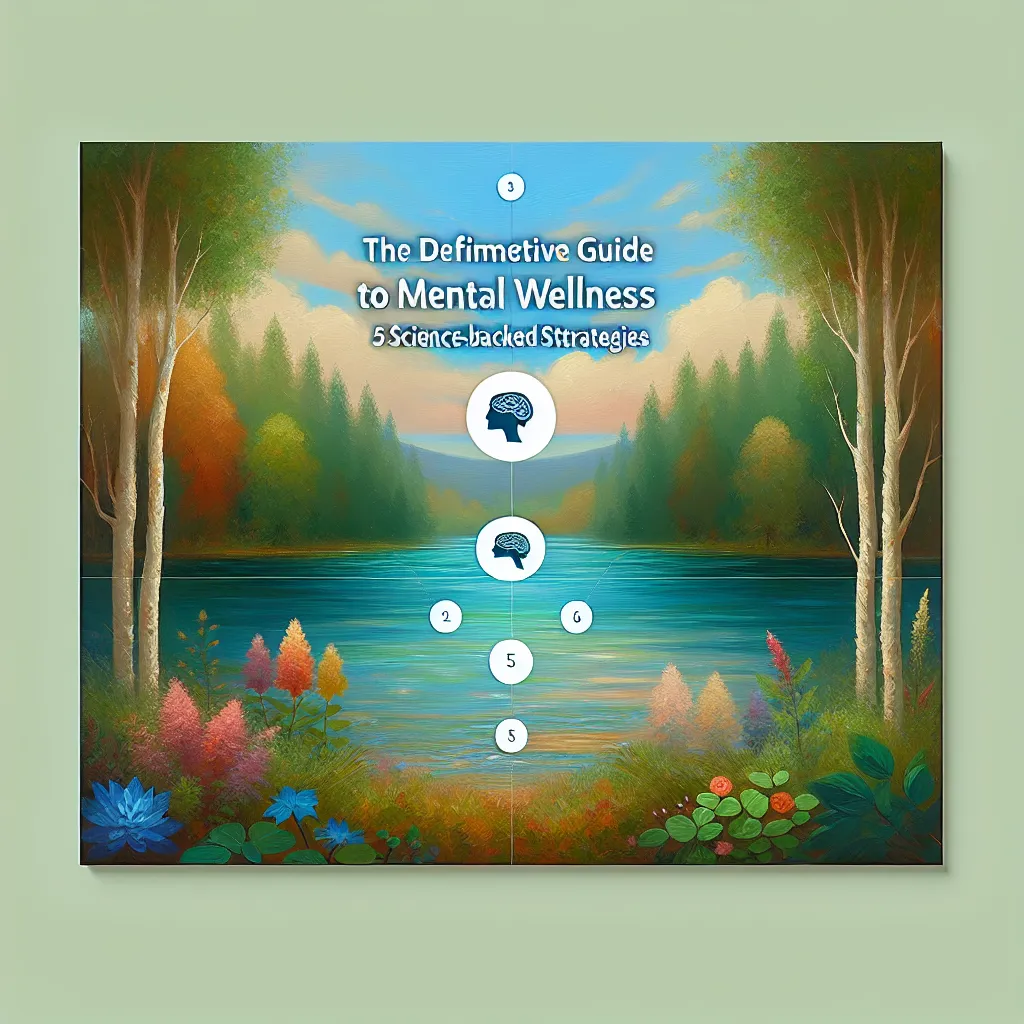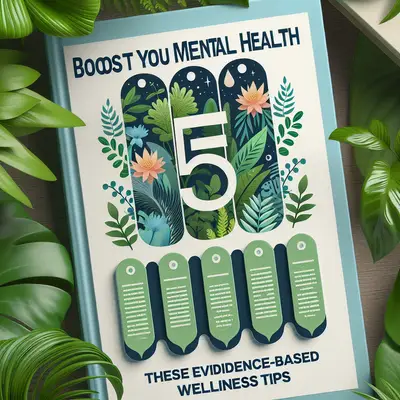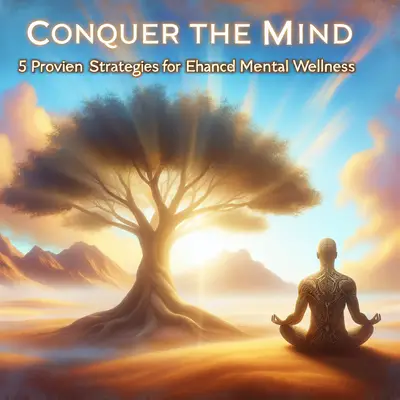Mental health, like physical health, is a vital aspect of overall well-being. As our understanding of the human mind grows, we are better equipped to nurture our mental wellness. In this guide, we'll explore five strategies for mental health that have been validated by scientific research.
Understanding mental health is not just about overcoming issues like anxiety and depression. It's about cultivating a state of well-being that allows us to thrive. Let's delve deeper into these effective strategies for mental wellness.
Mindfulness Meditation
Numerous studies have proven the effectiveness of mindfulness meditation in managing stress, anxiety, and even depression. This practice involves focusing on your present moment experiences, such as your breath or physical sensations, and observing them without judgement. By regularly practicing mindfulness meditation, you can cultivate a calmer and more focused mind.
Regular Exercise
Physical activity is not only beneficial for your body but also your mind. Regular exercise can stimulate the production of endorphins, the body's natural mood boosters. A study published in the Journal of Clinical Psychiatry found that moderate exercise can be as effective as antidepressants in treating mild to moderate depression.
Balanced Diet
Your diet can have a significant impact on your mental health. Consuming a balanced diet rich in fruits, vegetables, lean proteins, and whole grains can provide the essential nutrients needed for optimal brain function. Research has shown that a diet high in refined sugars and unhealthy fats can contribute to mood disorders like depression.
Quality Sleep
Sleep is crucial for mental health. During sleep, your brain works to consolidate memories and process emotions. Poor sleep quality or inadequate sleep can exacerbate mental health issues. The National Sleep Foundation recommends 7-9 hours of sleep per night for adults.
Social Connections
Humans are social creatures. Strong social connections can contribute to greater happiness, better health, and a longer life. Interacting with others stimulates our brains, providing a sense of belonging and reducing stress. Studies have even found that social isolation can lead to mental health issues.
Conclusion
Mental health is a vital aspect of our overall well-being. By incorporating these scientifically-supported strategies into your daily routine, you can bolster your mental wellness. Remember, it's okay to seek professional help if you're struggling with your mental health. It's never too late to start taking steps towards a healthier mind.



